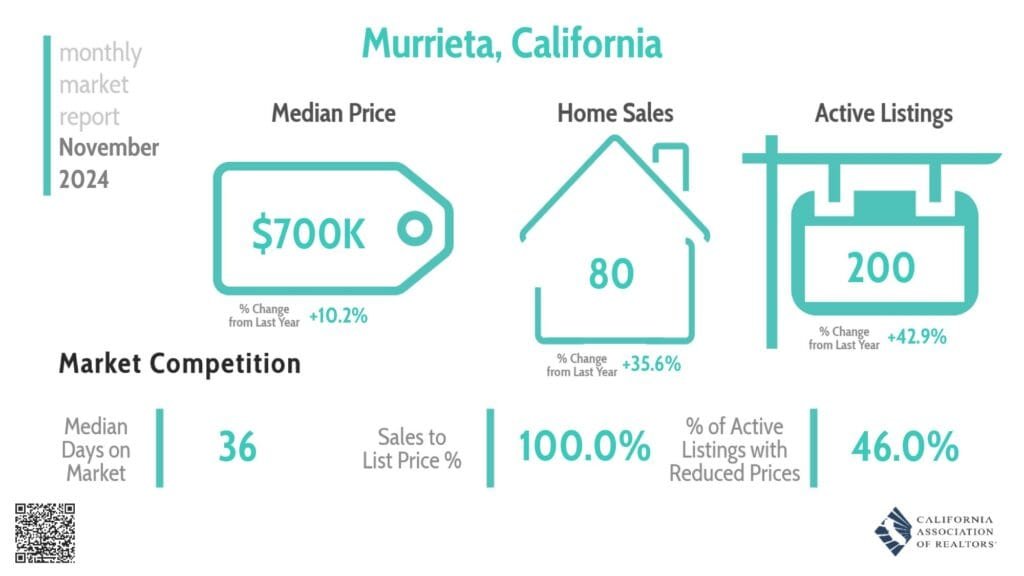
In the United States and many other developed countries, real estate markets benefit from extensive data availability, low-cost loans, and government programs designed to enhance market efficiency.
For example, buyers can access tools like MLS (Multiple Listing Services) to compare home prices, track market trends, and assess the time properties spend on the market, enabling more informed and confident decisions.
Tools such as MLS (Multiple Listing Services) provide detailed information about home sales, days on the market, and pricing trends, enabling buyers and sellers to make informed decisions.

In stark contrast, Mexico’s real estate market operates in an environment where market data is fragmented, incomplete, or outright unavailable. This lack of transparency leads to inefficiencies, higher transaction costs, and a greater reliance on speculation.
For buyers and sellers, we are left with making decisions based on educated guesses. In 1950, ok that’s fine. But this is 2025, data is everywhere except in our real estate markets.
So how can Mexico not only catch up to the first world but pass them and transform to become the greatest real estate market in the world? I really want to know. So I wrote this article.
 Here’s a graphic showing data in a local Southern California real estate market created by the CALIFORNIA ASSOCIATION OF REALTORS which runs their statewide MLS system that we just don’t have in Mexico
Here’s a graphic showing data in a local Southern California real estate market created by the CALIFORNIA ASSOCIATION OF REALTORS which runs their statewide MLS system that we just don’t have in Mexico
Why Does Mexico Lack Real Estate Market Transparency?
- Decentralized Market Structure: Unlike the U.S., Mexico has no centralized authority or standardized system for collecting and disseminating real estate data. Property transactions are often recorded locally, making it difficult to aggregate and analyze data on a national scale.
- Cultural and Regulatory Challenges: Property ownership in Mexico has traditionally been viewed as a private matter. Many transactions are conducted informally or through cash, which reduces the incentive to maintain detailed public records. Additionally, a lack of regulatory enforcement means that data standardization is not prioritized.
- Informal Real Estate Practices: A significant portion of Mexico’s real estate market operates informally. Many properties are bought and sold without the involvement of licensed agents or brokers, resulting in minimal documentation and reporting.
- Absence of Technology Integration: While some platforms like Inmuebles24 and Lamudi attempt to provide property listings, they are not comprehensive. These platforms lack the integration and reliability of an MLS and do not cover the entire market.

What Needs to Change?
To create a world-class real estate data system, several fundamental changes are necessary:
- Centralized Data Authority: Mexico needs a centralized body to collect, verify, and disseminate real estate data. This could be a government agency, a public-private partnership, or an independent nonprofit organization. The key is to ensure that all transactions are recorded and made publicly accessible.
- Mandatory Reporting of Transactions: Laws should require all real estate transactions to be documented and reported. This includes sales prices, property details, and transaction timelines. Tax incentives could be introduced to encourage compliance.
- Adoption of Technology: Developing a robust digital platform akin to the MLS system in the U.S. would be a game-changer. This platform could integrate listings, transaction histories, and market analytics, making it easier for buyers, sellers, and professionals to access reliable data.
- Professional Standards for Real Estate Agents: Establishing stricter licensing requirements and professional standards for real estate agents would help formalize the market. Agents could be required to contribute to a centralized database as part of their professional duties.
- Public Awareness Campaigns: Educating property owners and buyers about the benefits of transparency and data-sharing can shift cultural attitudes. Highlighting the advantages of informed decision-making could drive demand for better systems.

Abolishing Outdated Practices
- Eliminating Informal Transactions: Informal cash transactions should be phased out through stricter enforcement of tax laws and the promotion of digital payment systems.
- Replacing Localized Record-Keeping: The current system of recording property transactions at the municipal or state level should be replaced with a unified national registry. This would eliminate redundancies and inconsistencies.
- Ending Information Silos: Private real estate platforms and agencies often hoard data for competitive advantage. Regulations should mandate data-sharing to create a more transparent and collaborative ecosystem.

Building a World-Class System
To establish a transparent and efficient real estate market, Mexico must embrace a comprehensive approach:
- Leverage Blockchain Technology: Blockchain can provide a secure and immutable record of property transactions, ensuring transparency and reducing fraud.
- Collaboration Between Stakeholders: Government, private sector players, and technology companies must work together to design and implement the new system.
- Learning from International Models: Countries with efficient real estate markets, such as the U.S., Canada, and Australia, can serve as models. Adapting their practices to the Mexican context can accelerate progress.
- Long-Term Investment: Building a world-class system requires substantial investment in technology, training, and infrastructure. Public and private funding will be crucial.

Conclusion
Modernizing Mexico’s real estate market is not just a matter of convenience; it is essential for economic growth and investor confidence.
By implementing a centralized data authority, embracing technology, and reforming outdated practices, Mexico can create a transparent and efficient market.
This transformation would empower buyers and sellers with the data they need to make informed decisions, fostering trust and efficiency in the real estate sector.
The question is which leader or group of leaders are going to dropkick the old ways and be the catalyst for competitive transformation?
Charles Bivona Jr., aka Coach JP Money, is a business strategist, financial coach, and founder of CoachJPmoney.com. A lifelong entrepreneur, he launched his first real estate deal at 17 and went debt-free by 1998. Since then, he has built national media brands, advised small businesses, and helped clients grow online using smart strategy, digital tools, and creative grit.
An expat living in Baja, Mexico, Charles also writes and produces music as Johnny Punish and lives off-grid at Hacienda Eco-Domes, a sustainable retreat he built with his wife. Through providing small business services, coaching, writing, and podcasting, he’s on a mission to help others win their future—on their terms.
Read his full bio at PunishStudios.com >>>
Post Views: 75